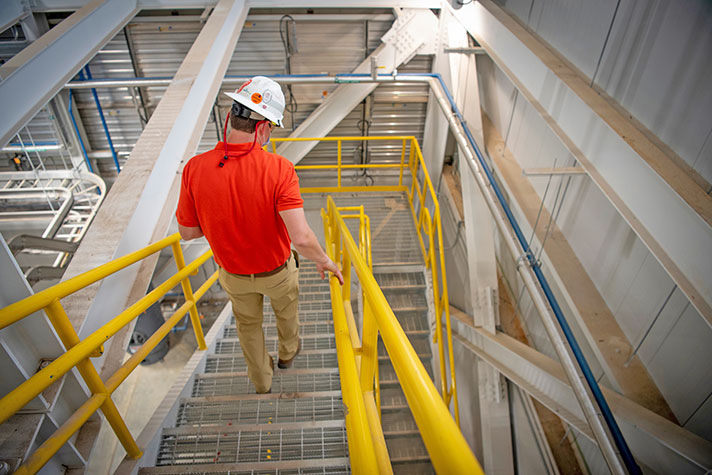
Industrial Construction
Projects in this area include oil and chemical refining, manufacturing facilities, power generation facilities, and any facility that houses a production process.
The Construction Engineering and Management (CEM) group develops efficient decision-making processes to support the construction and management of the built environment safely and sustainably. The group focuses on the study and research on industrial and heavy / highway types of construction. Commercial construction is incorporated if it concerns large projects such as high-rise office construction or stadiums and coliseums. Projects within these categories are complex to design and construct and require a multi-disciplinary team in each phase of project execution.
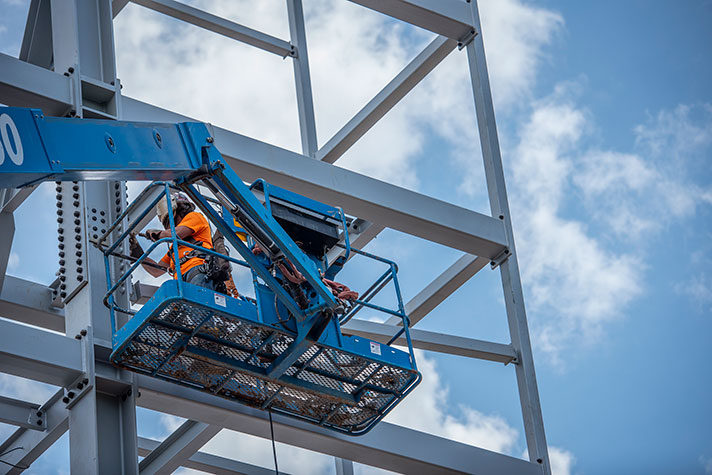
Research in construction engineering and management within the Glenn Department of Civil Engineering often focuses on safety and sustainability in project builds. It covers large-scale operations readily visible in our cities and towns.
Artificial intelligence Kalyan Piratla and his team designed was able to tell from the vibrations where the pipe was leaking and the severity. The potential impact is enormous. Miles of pipeline carry treated drinking water to customers’ homes and businesses. Many of those pipes are aging and corroded and need to be replaced or rehabilitated. As much as 20 percent of drinking water is lost to leakage, Piratla said. His research is part of a growing movement towards “trenchless technology” that allows installation, replacement, or rehabilitation of underground pipeline infrastructure with minimum excavation.
Infrastructure Research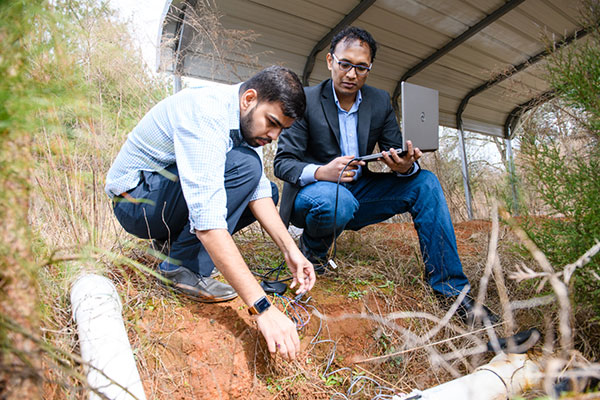
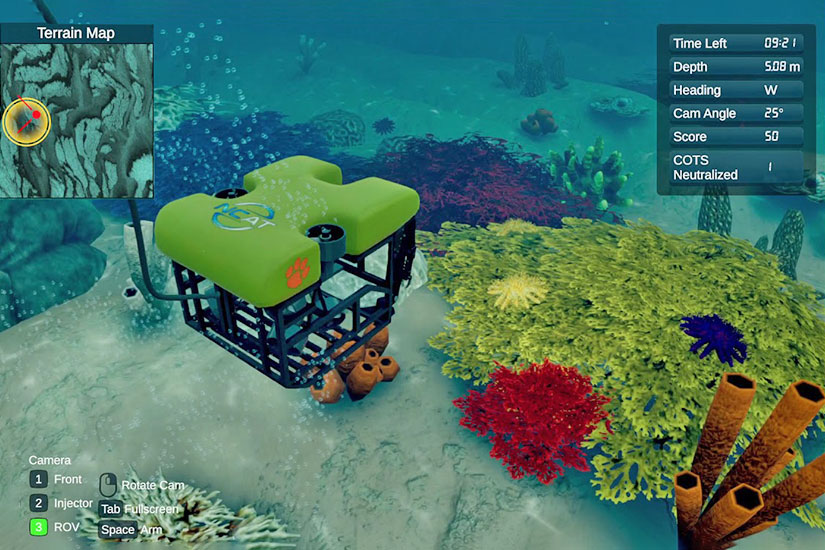
M8-R Sim is the latest example of how the Clemson University Center for Workforce Development works with partners in industry and academia to create virtual reality simulations. Kapil Chalil Madathil, the director of technology for the center, said virtual reality has successfully simulated many real-world settings, helping prepare students and working adults for high-technology careers.
Workplace DevelopmentThe CEM group focuses study and research on the categories of industrial and heavy / highway types of construction. To a somewhat lesser extent, commercial construction is incorporated but only as it concerns large projects such as high-rise office construction or stadiums and coliseums. Projects within these categories are extremely complex to design and construct and require a multi-disciplinary team in every phase of project execution.

Projects in this area include oil and chemical refining, manufacturing facilities, power generation facilities, and any facility that houses a production process.
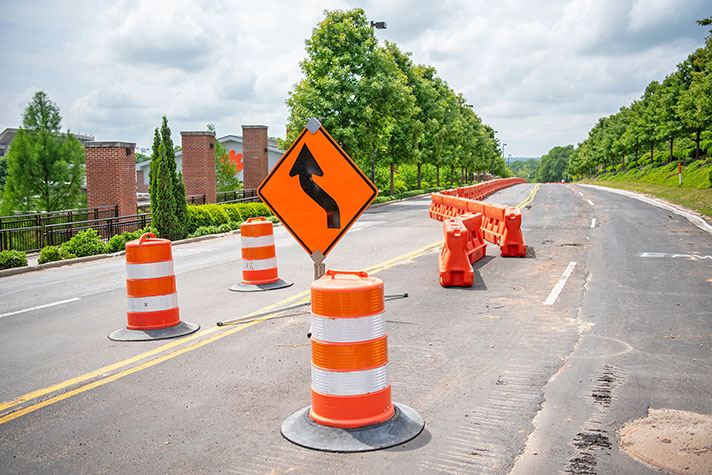
Projects in this category include highways, mass transit systems, tunnels, airfields, pipelines, drainage systems, sewage treatment plants, and dams.
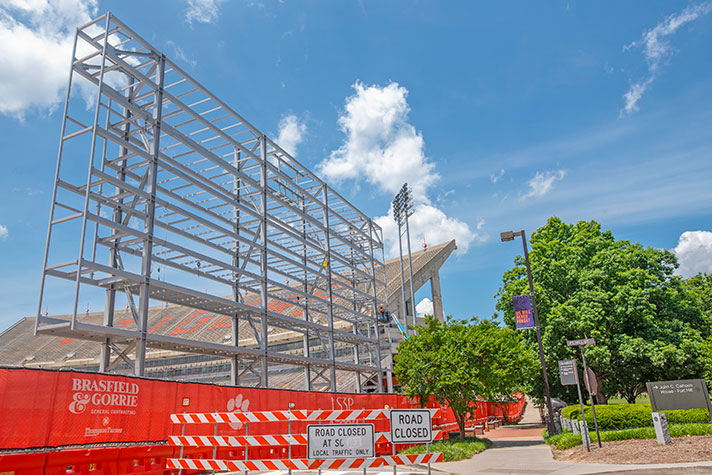
Projects in the commercial area include government office buildings, schools, retail facilities, office buildings, hospitals, sports stadiums, and coliseums.
The Construction Engineering and Management group offers graduate instruction and research opportunities in construction project management, construction safety, digital technologies and automation, sustainable and resilient built environment, and human-centered design processes.
The construction industry can generally be broadly divided into four major categories.
 The first is residential construction, including single-family and multi-family dwellings. This category is dominated by small firms, is characterized as utilizing low levels of technology and usually requires small investments in equipment, personnel training, etc.
The first is residential construction, including single-family and multi-family dwellings. This category is dominated by small firms, is characterized as utilizing low levels of technology and usually requires small investments in equipment, personnel training, etc.
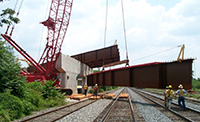
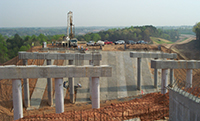
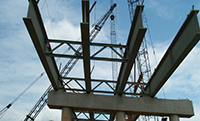
The CEM group focuses study and research on the categories of industrial and heavy / highway types of construction. To a somewhat lesser extent, commercial construction is incorporated but only as it concerns large projects such as high-rise office construction or stadiums and coliseums. Projects within these categories are extremely complex to design and construct and require a multi-disciplinary team in every phase of project execution.
Research Interests: The CE-M program will emphasize creativity, teamwork, and environmental awareness within five main interest areas.
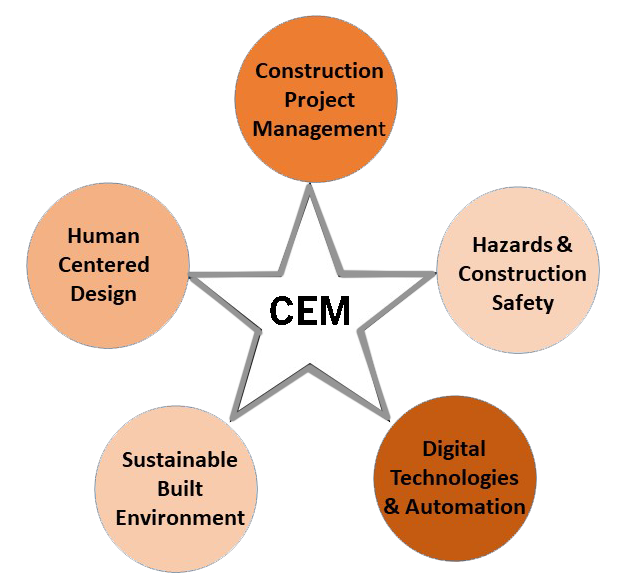
The faculty includes world-class experts in creating cutting-edge theories, methods and tools and devising workflows for greater efficiency and better collaboration during construction projects. Research assistantships and add-on research fellowships may be available for exceptional students interested in doing research in these exciting areas.
Construction Engineering and Management; Highway Infrastructure Management; Information Technology in Construction; Design-Construction Integration
User-Centered Design; User Experience Research; Human Factors; Human-Computer Interaction
Digital Project Delivery; Big Data in Construction Management; Civil Infrastructure Management; Information and Intelligent Systems
Underground Construction; Construction Planning & Management; Sustainable and Resilient Infrastructure Systems; Asset Management